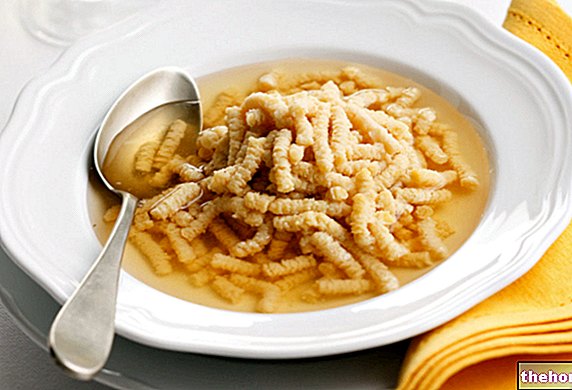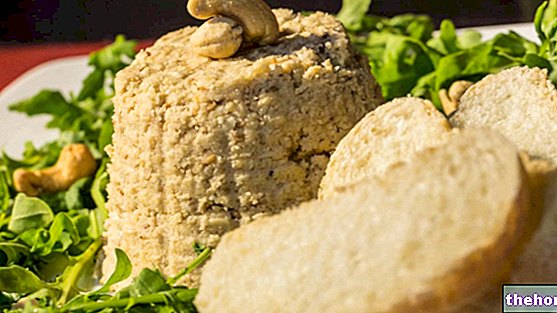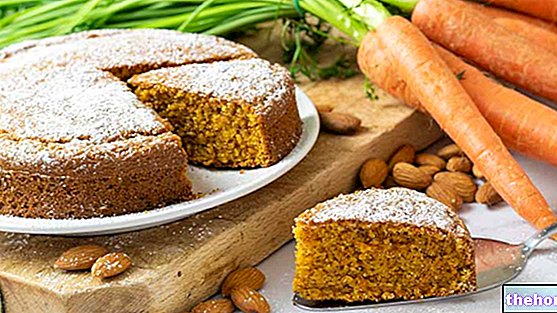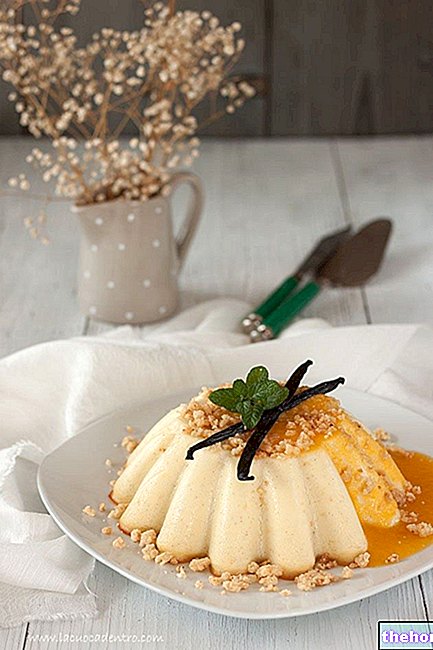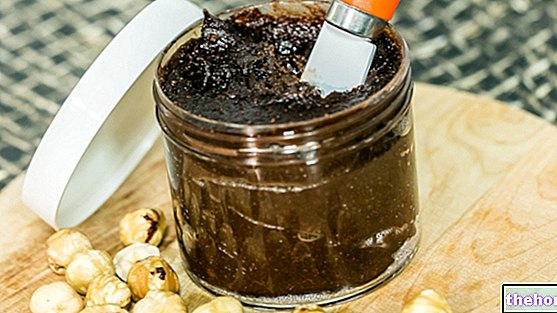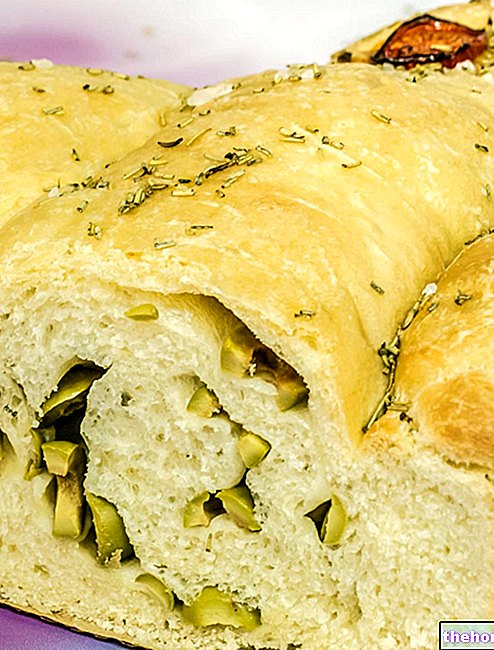Let's see if you guess the recipe: I'll give you some clues.
- Their number 1 enemies are humidity (terrible!) And high temperatures
- They are crumbly and melt in the mouth
- To the touch they must be as light as clouds
- There is the "French" and "Italian" one
Video of the Recipe
Problems with playing the video? Reload the video from youtube.
Identity Card of the Recipe
- 144 KCal Calories per serving
-
Ingrediants
- 100 g of egg white
- 200 g of powdered sugar
- 1 tablespoon of untreated lemon juice
- 1 pinch of salt
Materials Needed
- Electric whips
- Sac à poche
- Baking plates
- Baking paper
- Sieve
- Scale weighs food
Preparation
- Preheat the oven to 160 ° C, in the "ventilated" function.
- Shell the eggs and carefully divide the yolks from the whites.
Please note
To prepare the meringues you will only need the egg whites. The yolks can be used to make shortcrust pastry or custard.- Pour the egg whites at room temperature (18-25 ° C) into a clean container, without a trace of grease. Add a pinch of salt (which will facilitate the whipping) and 20 g of sifted icing sugar. The sugar, added at this stage, increases the viscosity of the egg whites by creating a vortex of air. Partially beat the egg whites.
- At this point, slowly combine 90 g of powdered sugar, continuing to whisk at reduced speed.
- The egg whites must be whipped until stiff peaks are firm. At this point, add the lemon juice, a few drops at a time, and the remaining icing sugar (90 g): in this case, the icing sugar must be incorporated by hand, very slowly, with a spatula (not with the electric whips).
Why combine the lemon with the egg whites until stiff?
The lemon juice, in addition to giving a pleasant aroma, will allow to obtain shiny and white meringues because it reduces the pH of the mass. As an alternative to lemon, you can use a tablespoon of white vinegar.
We do not recommend the use of vanilla seeds or vanillin: these aromas can in fact negatively affect the color of the meringues, turning the color of the froths from pure white to yellowish.- Prepare two plates and line them with baking paper.
- Pour the meringue mass, glossy, white and dense, into a pastry bag with a star spout. So get many small tufts, squeezing the pastry bag on the baking paper.
- Bake the meringues: bake at 160 ° C for 8-10 minutes. Then lower the temperature to 120 ° C and cook for 2 hours keeping the oven door ajar. The meringues must dry, not turn brown.
Deepening
The temperature variation from 160 ° C to 120 ° C is ideal for allowing the structure of the meringues to stabilize. The reduction of the cooking temperature, after the growth of the meringues, is perfect for drying sweets without running the risk of them absorbing environmental humidity (after cooking).
Below 100 ° C meringues tend not to develop in volume, however they risk the dissolution of the sugar crystals. At low temperatures, meringues require very long cooking times to prevent them from remaining rubbery or with little development in volume.
Even high temperatures are the enemy of the success of meringue: for example, at 180 ° C the sweets grow very high, but produce an excess of steam. If so, they will turn dark before stabilizing.- When cooked, turn off the oven and allow the meringues to cool, leaving the oven door open.
- Now the meringues are ready to be stored and will keep perfect even for a couple of months.
Alice's comment - PersonalCooker
You have seen: making meringues at home is really simple, just like the ingredients that compose them: egg white and sugar! And today I revealed all the tricks to cook them to perfection! And don't miss the recipe for Meringue with Apricots!
Are you vegan or allergic to eggs but love meringues? Then try the Meringues without Eggs!Nutritional values and Health Comment on the recipe
Meringues are desserts with an average energy intake. They mainly contain simple carbohydrates but proteins (with a high biological value) are still relevant. Fatty acids, cholesterol and fibers are almost absent.
Meringues are products that are not very suitable for feeding the diabetic, the overweight subject and the one suffering from hypertriglyceridemia.
The average portion of meringues corresponds to about 30-50g (40-70kcal).

